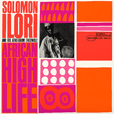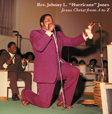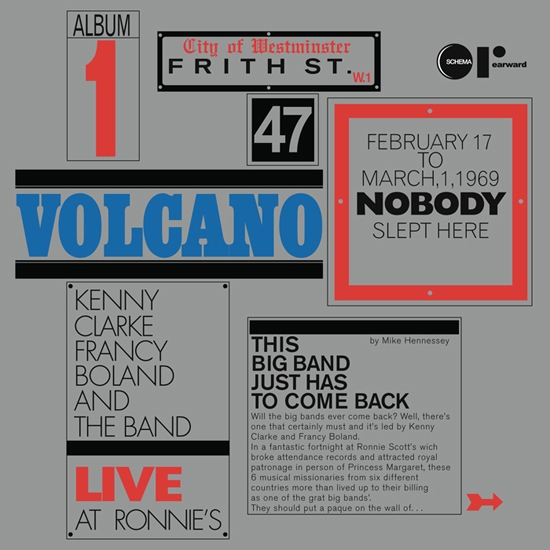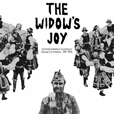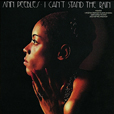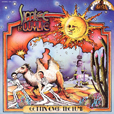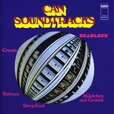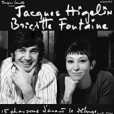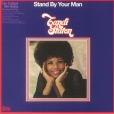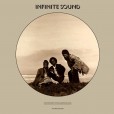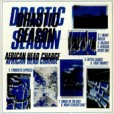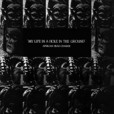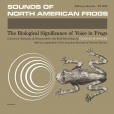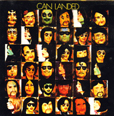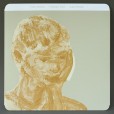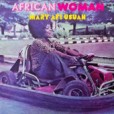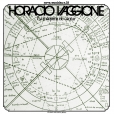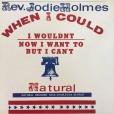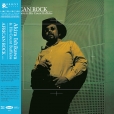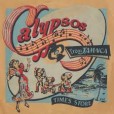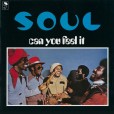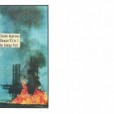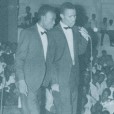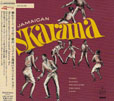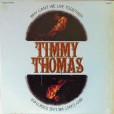Your basket is empty

Drawn from the hundreds of reel-to-reels and cassettes that Jones — aka The Hurricane, The Fireball — has made of his Southern preaching, raving between speech and song, since 1960. From Dust To Digital.
A facsimile reissue of the first half of the Ronnie Scott’s recordings.
The forgotten music of the Austro-Hungarian diaspora in the mid-west of the United States. An Ian Nagoski compilation to inaugurate the label, with a cover by Eric from Mississippi Records.
Her 1967 album of duets with Jacques Higelin, retaining arranger Jimmy Walter from her debut, the previous year. Two songs here — La Grippe and Maman — became centrepieces of the duo’s stage musical, Maman J’ai Peur.
The trio of Roland P. Young, Aisha Khalil and Glenn Howell, recorded in 1975 at 1750 Arch, in Berkeley, California.
“There was a vibe in the air that we connected with,” recalls Young, “along with other kindred spirits world-wide. What appeared to be ‘experimental’ was reaching for sounds and emotions that were unfamiliar. We often performed at rallies in support of various causes: Black Liberation, Women’s Movement, Anti-War Movement, Gay Liberation. While the music came out of the Black Liberation struggle our ultimate goal was a blending of cultures.”
‘A fascinating glimpse of the trio in action. It testifies to the energy that Infinite Sound channelled into their music, but also to their imaginative breadth and expressive versatility… with Howell’s buoyantly springy and resilient bass taking on a strong pivotal role around which Young’s horns and Kahlil’s voice dance and spar and soar and play. Well-defined rhythms dissolve into textures; melodic shapes soften into shadings of timbre or flare into exuberant bursts of tonal colour. The music’s mood swings unpredictably from flamboyance to introspection; pacing shifts spontaneously from languor to urgency. Moments of musical allusiveness, sly quotation or stylistic reference, mutate into passages of wild inventiveness.’
Lovely record. An intimate, unshowy, reaching blend of British folk and minimalism in the tradition of Robert Wyatt solo; quietly co-mingling Henry Flynt and Ivor Cutler, Eastern outernationalism and Radio art. Beautifully presented, too; in a die-cut, inside-out sleeve, with a poster. Check it out!
Funky, psychedelic, spiritual jazz with deep percussion, including marimba, from 1971; tuned into electric Miles but also Kool & the Gang, and keeping an eye on Tony Williams’ Lifetime.
The meditative opener is lovely. Heathens liken Animals to Fela.
Remastered from the original tapes.
Irresistible 1950s mento — singalong tunes, ebulliently performed, over-spilling with scandal, smut and impudence, sex, dancing and booze, word-play, jokes and up-to-the minute social commentary, and general love for life.
Ace Ken Khouri productions for Federal, from 1964-5; beautifully repackaged.
